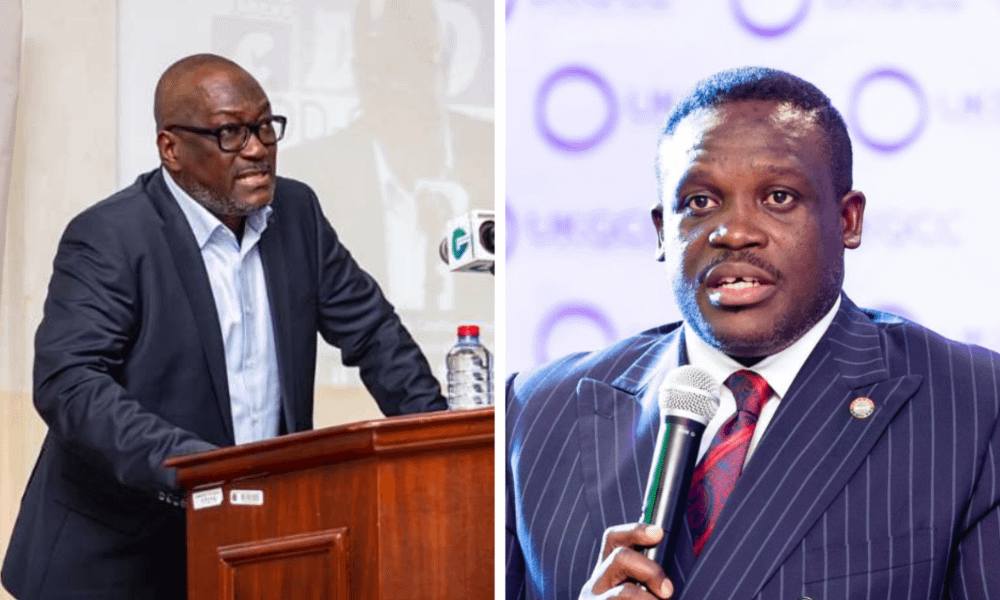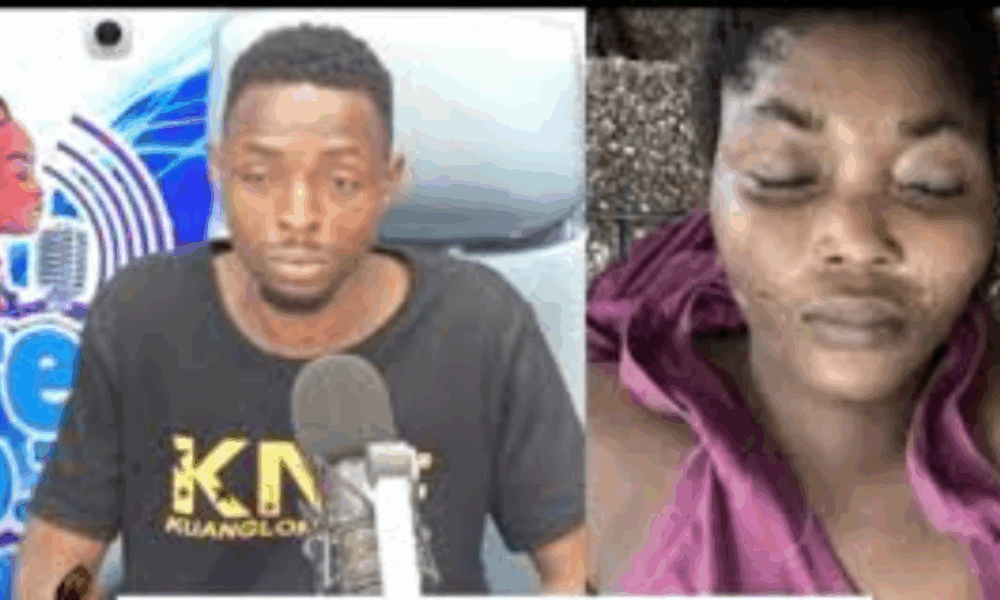Accra Mail
Getting prepared for Trinity Audio Player…
A 2019 Lamborghini Urus was stolen from Charles Nii Armah’s home in Ghana in August 2025 as a result of a joint operation led by the Economic and Organized Crime Office ( EOCO ) and U.S. federal agencies. Officials claim that the luxurious car in the United States is connected to the money of a criminal enterprise.
Following a request from the U.S. Federal Bureau of Investigations ( FBI ) and the US Justice Department, a press release from EOCO revealed that the search and retrieval operation was conducted at Shatta Wale’s home in Trassaco Valley Phase 1, Accra.
The Lamborghini Urus was discovered and seized by U.S. authorities after the operation was carried out by EOCO’s Surveillance and Asset Recovery Unit ( SARU). Amuah is now serving a 86-month prison term in the United States for various fraud counts.
EOCO made it known that Shatta Wale volunteered to hand over the car without incident and worked with the procedure. According to him, he expressed concern that if the seizures were made open, they might harm his specific brand and reputation among fans. The search was conducted by SARU health experts, who described the situation as specialist, calm, and involved in carrying weapons given the high-risk nature of the operation.
The FBI and the U.S. Justice Department are expected to submit a formal request for Mutual Legal Assistance ( MLA ) with the Ghanai government asking for the seized vehicle to be returned to the United States, where it will contribute to the$ 4.7 million restitution owed by Amuah.
Additionally, EOCO noted that both Shatta Wale and a former National Signal Bureau ( NSB ) senior officer have been identified as potential partners in the ongoing investigation and will be asked to assist with future inquiries.
As part of continuing international cooperation, EOCO confirmed that the investigation’s last results may be shared with U.S. authorities.
This development raises queries about the local ties of foreign fraud operations and represents a significant increase in the protection of international financial crimes.

